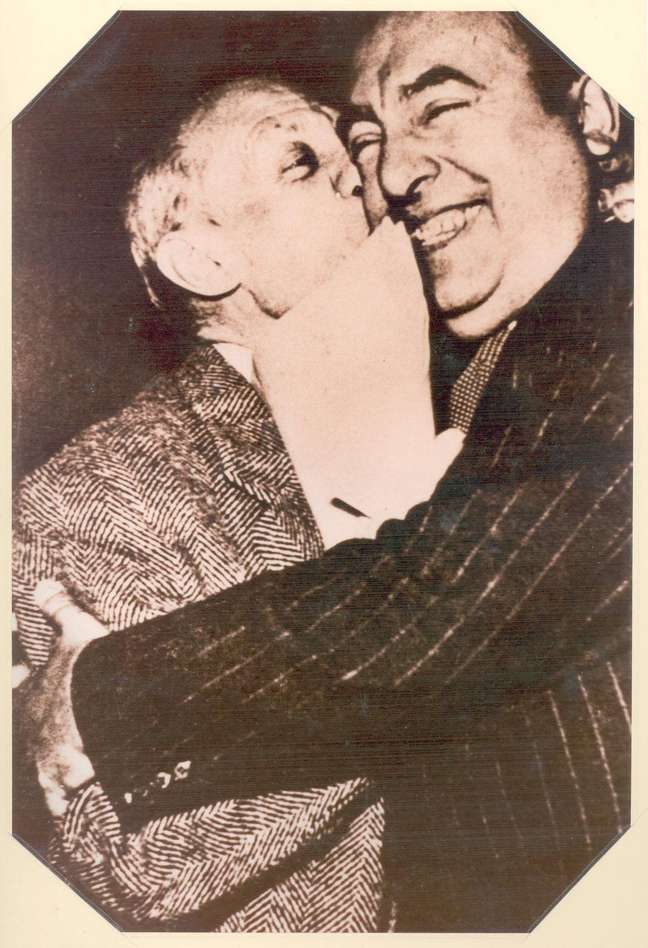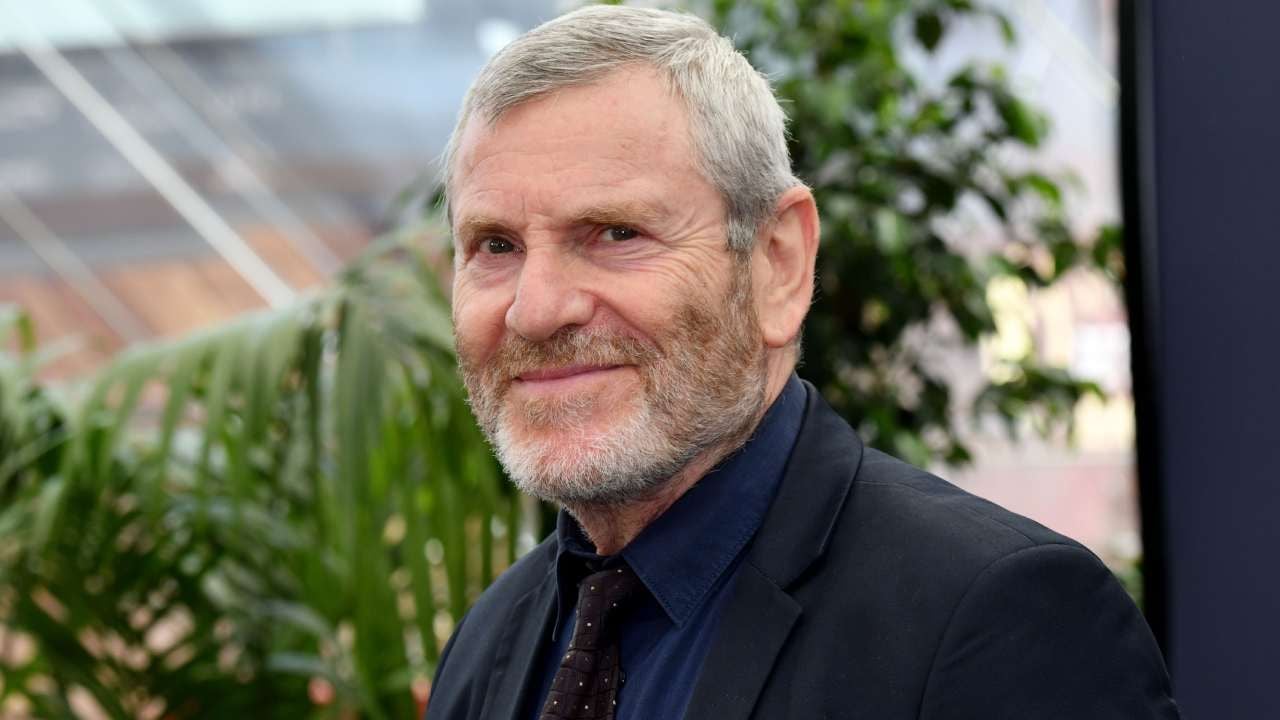The essay also analyzes the relationship of other poets with the creator of ‘Guernica’
EFE – An essay analyzes the influence by the Spanish painter Pablo Picasso (1881-1973) on the Chilean poet Paul Neruda (1904-1973) and on the Spaniards of the Generation of 27, whose verses reinterpret Guernica and other famous paintings and symbols by the artist, about to be commemorated, in 2023, 50 years after his death. The poets of Picasso is a many-year study by university professor of literary theory and comparative literature María Isabel López.

“Was the figure of Picasso essential in inter-artistic relations at the beginning of the 20th century?” López explained, at a time when the avant-garde was recovering the romantic idea of a unique art with manifestations in music, painting or literature The teacher compares works of art and literary texts to give meaning to the verses and concludes that “the pictorial work grows out of its field”.
Half of the essay is devoted to nerdwith who picasso he had a long relationship and with whom he also had a communist ideological affinity, as was the case with the Spanish poet Rafael Alberti.
In The grapes and the windNeruda dedicates two long poems to Picasso, in which he explores the figure of the artist, recreates his stay in Vallauris (France) and reinterprets the famous Guernica or the dove of peace, two symbols linked to his political commitment.
The specialist says that these poems are very complex to analyze and that this is only possible if we take into account Picasso’s paintings and the relationship between image and word.
The second part of the book is for the poets of 1927, such as Jorge Guillén, Vicente Aleixandre or Alberti, especially those who attended the funeral of their friend Picasso in France from his Italian residence.
Alberti, like many other authors, reviews the painter’s symbols – the rooster, the bull, the horse or the dove – in an entire book, The 8 names of Picassowhich includes the Ballad of Les Demoiselles d’Avignonan important work, according to López, on the relationship between the poetics and the work of Picasso.
The Spanish Federico García Lorca reflects on cubism as a new look at art and praises Picasso; in her poems, without expressly referring to the artist, she adopts the techniques of this pictorial movement, which manifests itself in that “superimposition of planes” that occurs in her verses less related to realism, underlines the essayist.
The professor alludes several times to Guernica, Picasso’s masterpiece, which attracts many writers because it combines “aesthetics and political commitment”.
🇧🇷The best content in your email for free. Choose your favorite Terra newsletter. Click here!
Source: Terra
Camila Luna is a writer at Gossipify, where she covers the latest movies and television series. With a passion for all things entertainment, Camila brings her unique perspective to her writing and offers readers an inside look at the industry. Camila is a graduate from the University of California, Los Angeles (UCLA) with a degree in English and is also a avid movie watcher.





